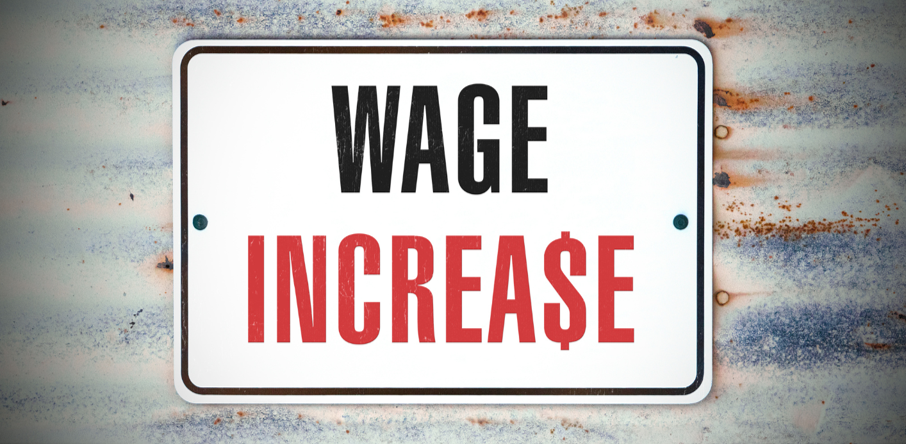
Reference and Verification Checks: Balancing Legal Obligations and Hiring Needs

Reference and Verification Checks: Balancing Legal Obligations and Hiring Needs
When conducting reference and verification checks during the hiring process, employers must navigate the requirements of various legal frameworks, particularly the Protection of Personal Information Act (POPI Act) and the Employment Equity Act (EEA). These Acts impose conditions on the processing of personal information and aim to prevent unfair discrimination in the workplace.
Under the POPI Act, personal information may only be processed under specific conditions. These include obtaining the consent of the data subject, fulfilling a contract to which the data subject is a party, complying with a legal obligation, protecting the legitimate interests of the data subject, performing a public law duty, or pursuing the legitimate interests of the responsible party or a third party. Importantly, the burden of proof for obtaining consent lies with the responsible party conducting the reference check.
When conducting reference checks, employers must also consider the provisions of the EEA. The Act prohibits unfair discrimination in the workplace but allows for distinguishing, excluding, or preferring any person on the basis of an inherent requirement of a job. This means that reference checks should focus on aspects directly related to the essential functions and requirements of the position being filled.
Employers should structure their reference check questions to elicit information relevant to the inherent job requirements. Key areas to explore include the candidate's job title, responsibilities, and employment dates; their performance in the role; strengths and areas for improvement; ability to handle feedback; reliability and punctuality; interpersonal skills; and teamwork. If appropriate, employers may also inquire about the reasons for the candidate leaving the previous position and whether the referee would rehire them.
It is important to note that while the POPI Act and EEA set boundaries for reference checks, there is no legal obligation for previous employers to provide a reference. The only legal requirement is for the previous employer to issue a certificate of service to the former employee. This certificate typically includes basic information such as the employee's job title, employment dates, and reason for leaving.
Given these considerations, employers should approach reference checks with a clear understanding of the relevant legal frameworks and a focus on obtaining information directly related to the inherent requirements of the job. By doing so, they can make informed hiring decisions while respecting the privacy rights of candidates and avoiding unfair discrimination.
In conclusion, conducting reference and verification checks is a balancing act between complying with legal obligations and gathering the necessary information to assess a candidate's suitability for a position. By adhering to the principles of the POPI Act and EEA and structuring reference checks around inherent job requirements, employers can navigate this process effectively and make sound hiring decisions.













































































